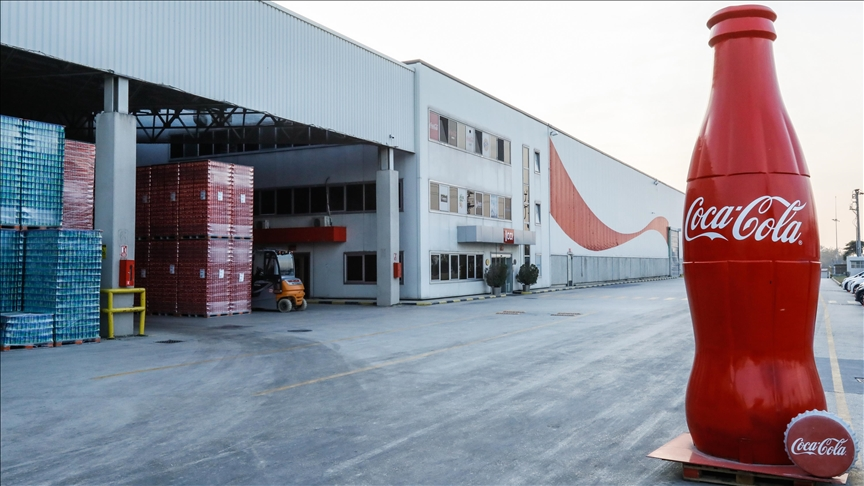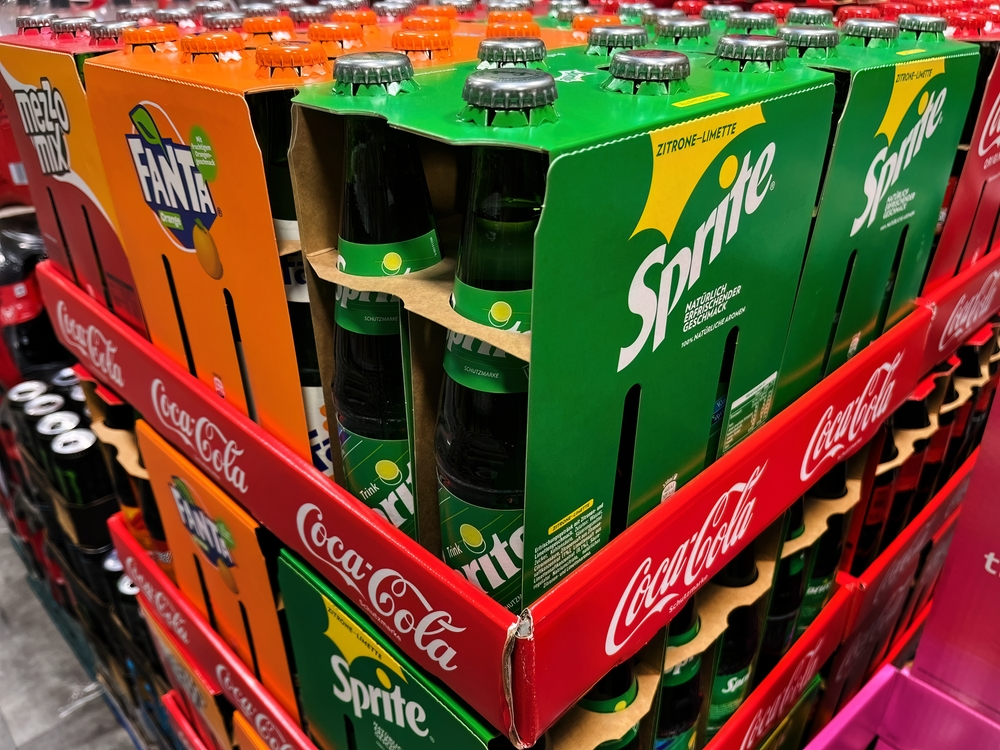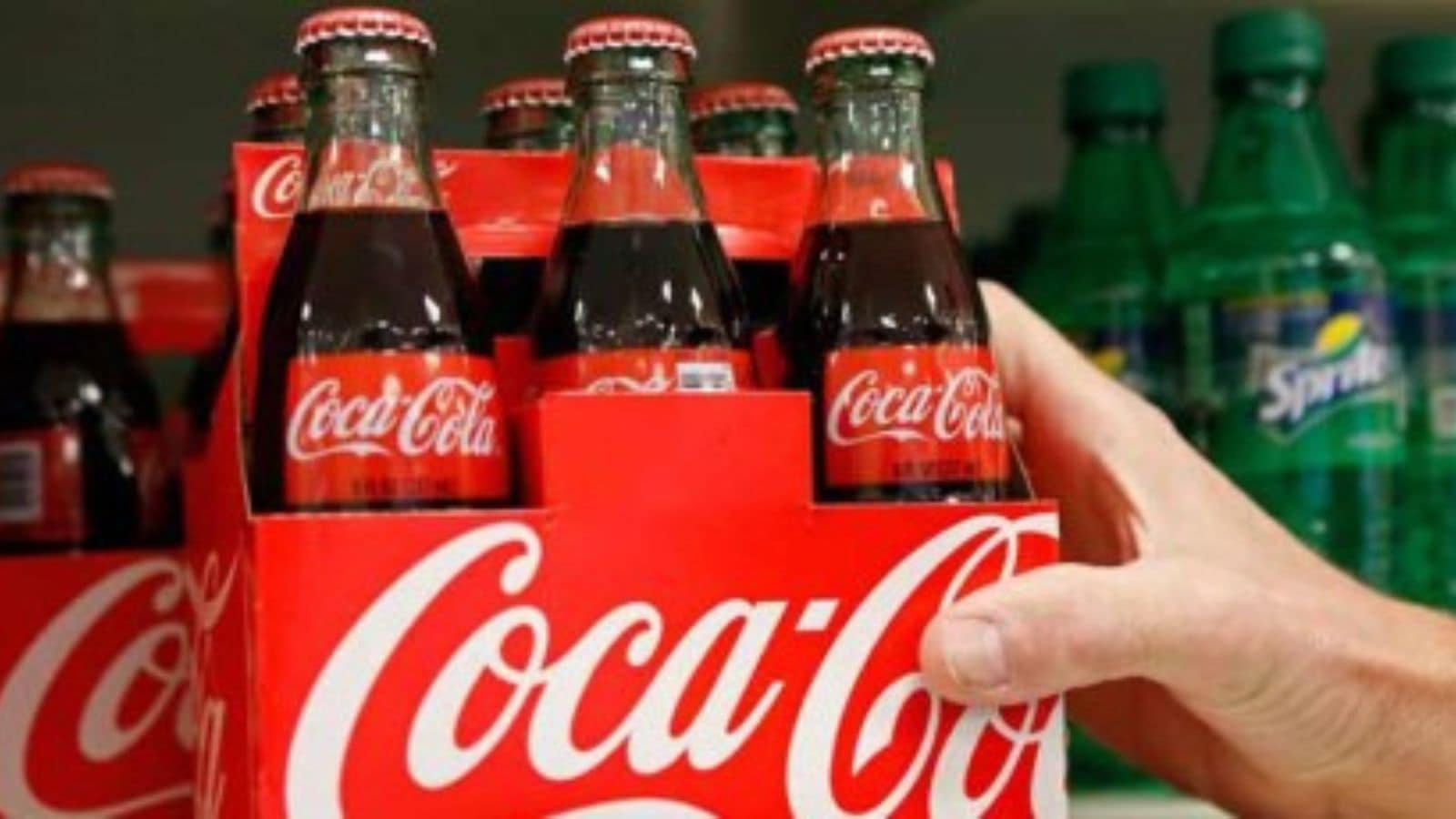The global beverage giant Coca-Cola has recently found itself in the midst of a significant health and safety crisis. On January 27, 2025, Coca-Cola issued an urgent recall of several of its most popular beverages across Europe, including Coca-Cola, Sprite, and Fanta, due to concerning levels of chlorate contamination.
This incident has drawn attention not only to the safety measures within the food and beverage industry but also to the risks posed by chlorate contamination. The recall, spanning multiple countries, has highlighted the need for stringent quality control to ensure consumer safety.
The Scope of the Recall
Coca-Cola’s recall affects a wide range of its products, including iconic beverages such as Coke, Sprite, and Fanta, as well as other lesser-known brands like Fuze Tea, Minute Maid, Nalu, Royal Bliss, and Tropico.
These products, distributed in cans and glass bottles, were sold in Belgium, the Netherlands, the UK, Germany, France, and Luxembourg since late November 2024.
The issue was uncovered during a routine inspection at Coca-Cola’s production facility in Ghent, Belgium, where alarming levels of chlorate were detected.
While Coca-Cola Europacific Partners Belgium has not disclosed specific figures, the recall involves a “considerable quantity” of beverages. In response, the company has been actively working to remove the affected products from store shelves across all impacted regions.
Read : Taylor Swift Becomes World’s Richest Female Musician with $1.6 Billion Net Worth
“The majority of the affected and unsold products have already been removed from store shelves, and we continue to take measures to remove all remaining products from the market,” the company stated.
Despite these efforts, the recall has raised questions about how such contamination occurred and what measures are being taken to prevent similar incidents in the future.
Understanding Chlorate and Its Health Risks
Chlorate, the contaminant at the center of this crisis, is a by-product of chlorine-based disinfectants commonly used in water treatment and food processing. While these disinfectants are essential for maintaining hygiene and safety standards, chlorate residue can form as a chemical by-product during the disinfection process.
The European Food Safety Authority (EFSA) has previously warned about the risks associated with chlorate. According to a 2015 report, prolonged exposure to chlorate can pose significant health risks, particularly for children with mild or moderate iodine deficiency. Chlorate can interfere with iodine uptake in the thyroid gland, potentially leading to thyroid dysfunction.

Acute exposure to high levels of chlorate in a single day could also have toxic effects, including damage to red blood cells and oxidative stress. Given the severity of these risks, the detection of elevated chlorate levels in Coca-Cola’s beverages has raised legitimate concerns among consumers and public health authorities.
Coca-Cola Europacific Partners Belgium has reassured the public that the contamination was discovered during routine quality checks, demonstrating the company’s commitment to safety. However, the scale of the recall and the potential health risks have prompted widespread scrutiny.
Impact on Consumers and Coca-Cola’s Response
The recall has left many consumers concerned about the safety of their favorite beverages. Coca-Cola has urged customers not to consume the affected products and to return them to the point of purchase for a refund.
The company has also apologised for the incident, stating that it is working closely with relevant authorities in all affected regions to address the issue and ensure public safety.
“We are in contact with the competent authorities in each of the affected markets,” Coca-Cola Europacific Partners Belgium said in its statement. The company’s swift action to recall the products reflects its responsibility to mitigate potential risks and maintain consumer trust.
However, the incident has raised broader questions about the quality control measures in place within the beverage industry. Routine inspections are a crucial aspect of ensuring product safety, but the detection of chlorate at such high levels suggests that there may be gaps in the production process.
Coca-Cola’s handling of this crisis will likely serve as a case study for the industry as a whole, prompting other companies to reevaluate their safety protocols.

The recall also highlights the importance of transparent communication in crisis management. Coca-Cola has been proactive in informing consumers and addressing their concerns, but the long-term impact on the company’s reputation remains to be seen.
For many customers, trust in a brand is built on the assumption of consistent quality and safety. Any breach of this trust, even if handled responsibly, can have lasting repercussions.
As investigations continue, Coca-Cola will need to take concrete steps to rebuild confidence among its customers. This may include reviewing its production processes, implementing additional safety checks, and collaborating with regulatory bodies to prevent future incidents.
The recall of Coca-Cola’s beverages across Europe due to chlorate contamination is a stark reminder of the importance of quality control in the food and beverage industry.
While Coca-Cola has taken swift action to address the issue, the incident underscores the need for vigilance and transparency to ensure consumer safety. As the company works to resolve the crisis, the lessons learned will likely influence industry practices for years to come.

